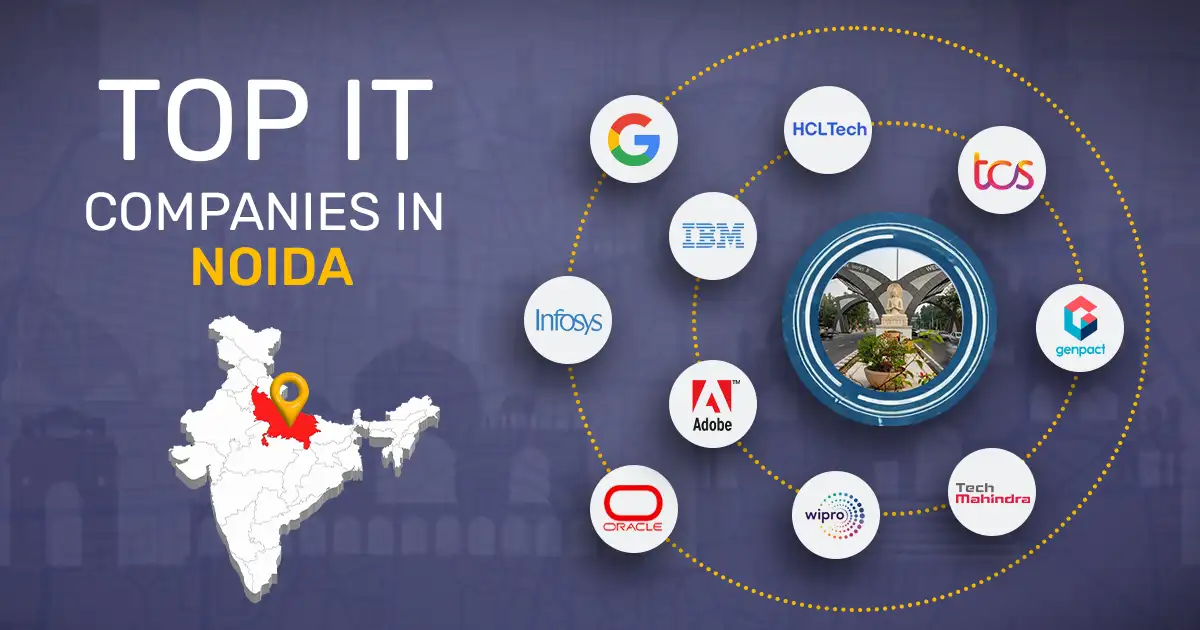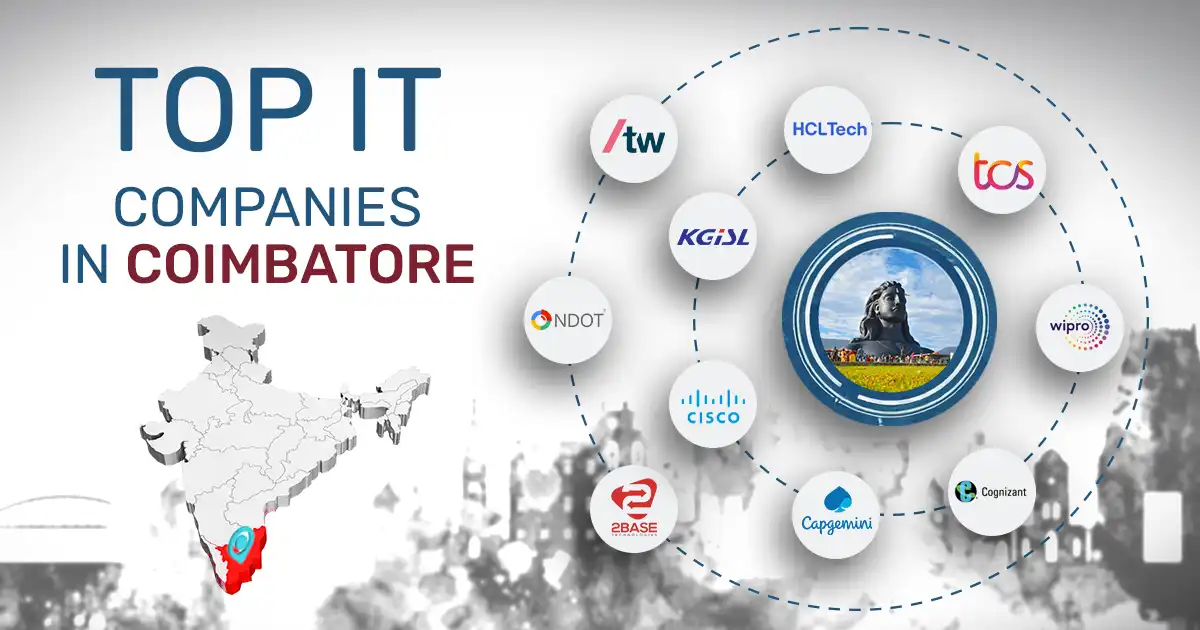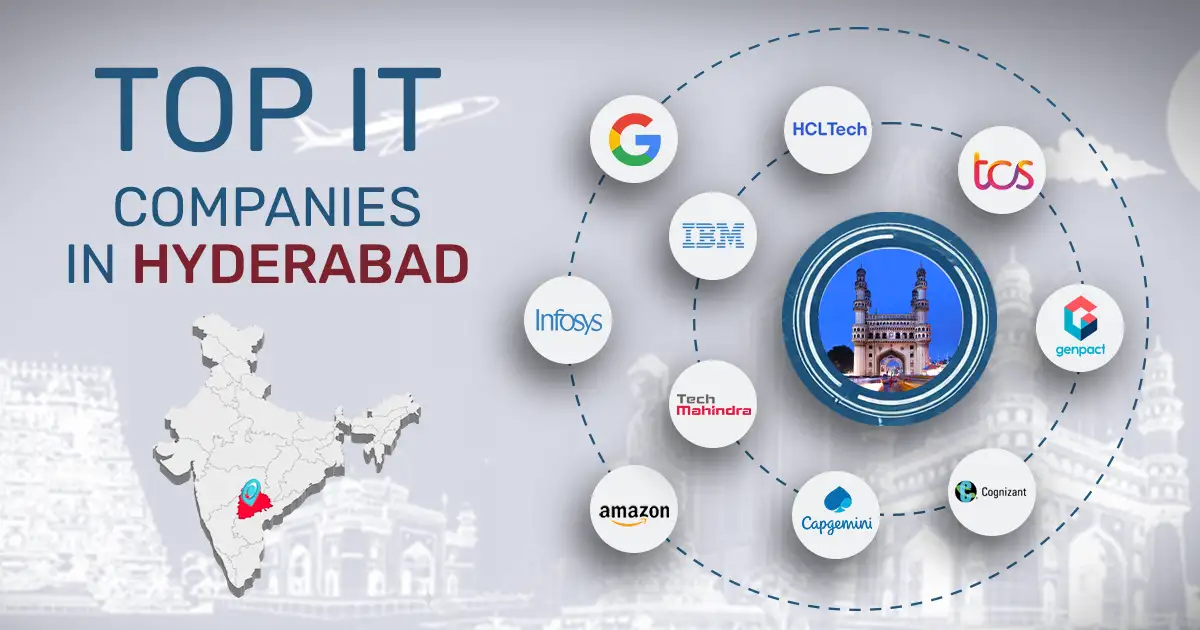
Ever feel like you’re leaving money on the table?
As a sole proprietor, you might be! Navigating the world of taxes can feel like deciphering a secret code, but what if those codes unlocked significant savings? Imagine keeping more of your hard-earned cash, simply by understanding the Sole Proprietorship tax benefits tailored specifically for your business structure.
Forget the corporate tax maze, and step into a world where simplicity meets savings. This blog is your definitive guide to unlocking the hidden treasures of sole proprietorship in India, turning those tax headaches into strategic wins. Ready to maximize your profits and minimize your tax burden? Let’s dive in!
Introduction to Sole Proprietorship in India
A Sole Proprietorship is a simple and flexible business structure that allows entrepreneurs to easily manage operations and taxes while taking full advantage of Sole Proprietorship tax benefits. Sole Proprietors are taxed as individuals, and any business income you earn is treated as personal income.
This makes it an excellent choice for freelancers and small business owners seeking tax optimization. You can also optimize your tax savings through tax deductible expenses for sole proprietorships.
Example: If you’re a freelance graphic designer earning ₹5,00,000 annually, you will pay income tax based on individual income tax slabs, which are lower than corporate tax rates.
The process is less complex than corporate taxation, and the filing of taxes is also streamlined. Understanding this basic structure is essential for tax planning and maximizing the benefits for your business.
Who Should Consider a Sole Proprietorship?
A Sole Proprietorship is a simple and flexible business structure that allows entrepreneurs to easily manage operations and taxes while taking full advantage of Sole Proprietorship tax benefits. This makes it an excellent choice for freelancers and small business owners seeking tax optimization.
Example: A freelance writer or a small shop owner running a corner store might prefer a Sole Proprietorship because it requires minimal paperwork and offers direct control over business decisions.
Understanding Taxation for Sole Proprietors in India
As a Sole Proprietor, tax benefits ensure that you’re taxed as an individual, which can be a significant advantage for small businesses. Your business income is included with your income when filing taxes. This simplifies the process and helps you avoid the complexities that come with corporate taxes.
Example: If your income is below ₹2.5 lakh, you won’t need to pay any tax under the current tax slabs.
Additionally, as a Sole Proprietor, you’ll benefit from self-employment tax deductions, which we’ll dive into further. You can offset your taxable income by deducting business-related expenses, thus reducing your overall tax liability.
Top Tax Benefits of a Sole Proprietorship in India
Here are some of the best Sole Proprietorship tax benefits you can leverage for your business in India.
- Lower Tax Rates
One of the biggest Sole Proprietorship tax benefits is the ability to enjoy lower income tax rates. Proprietors benefit from a progressive tax system, where higher income is taxed at higher rates, but the thresholds are more favourable for small to medium-sized businesses.
If your annual income is ₹5,00,000, the income tax will be calculated as follows:
- ₹2.5 lakh to ₹5 lakh: 5% tax
- ₹5 lakh to ₹10 lakh: 20% tax
This tax advantage allows you to save more, particularly in the early years of your business, when profit margins might not be high.
Stop Overpaying! File Income Tax Online & Save Big on Taxes!
- No Corporate Taxes
Unlike private limited companies, Sole Proprietorships are not required to pay corporate taxes, which can save business owners a significant amount of money. This is particularly helpful for small businesses with modest profits, therefore adding to sole proprietorship tax benefits.
Example: A small retail shop generating ₹3,00,000 annually will only need to pay individual income tax based on tax slabs, instead of facing a corporate tax rate of 30%.
- Pass-Through Taxation
Pass-through taxation is one of the key Sole Proprietorship tax benefits, which means that business profits are not taxed at the business level. Instead, they pass through to the owner’s personal tax return. This helps avoid the double taxation that many other business structures face and enjoy significant business loss deductions for sole proprietorships.
Example: If a Sole Proprietor earns ₹8,00,000 in business income, the income is taxed as personal income, which can result in lower taxes when compared to other business structures that face corporate taxes.

Deductible Business Expenses for Sole Proprietors
Understanding what expenses you can deduct from your business income is crucial for minimizing your tax burden and maximizing your Sole Proprietorship tax benefits. Here is a range of business-related expenses you can deduct:
Common Deductible Expenses
- Office supplies and equipment: If you buy a computer for ₹50,000 for your business, you can claim it as a business expense.
- Advertising and marketing costs: Any money spent on marketing materials, digital ads, or business cards can be deducted.
- Travel and transportation expenses related to business: If you travel for work purposes, such as attending a conference, your travel expenses are deductible.
- Software subscriptions and tools: If you subscribe to tools like Microsoft Office or accounting software, those expenses are deductible.
- Rent and utilities for business property: If you rent office space or work from home, the associated rent and utility expenses can be claimed.
Home Office Deductions for Sole Proprietors
If you run your business from home, you may be eligible for home office deductions. The portion of your home that is dedicated exclusively to your business can be deducted, reducing your taxable income.
Example: if you run a consulting business from your home office, and your home office accounts for 20% of your total living space, you can deduct 20% of your rent and utility bills.
GST and Indirect Tax Benefits for Sole Proprietors
The Sole Proprietorship tax benefits extend to GST, especially if your turnover falls below the threshold limit.
- Small businesses with lower turnover can opt for the Composition Scheme, which offers simplified GST compliance and lower tax rates.
Example: If your turnover is under ₹50 lakhs annually, you can opt for the Composition Scheme, which reduces your GST rate to 1% and allows you to file quarterly returns.
- Sole Proprietors can benefit from input tax credits, which allow them to recover GST paid on business-related purchases, helping to reduce business costs.
Advance Tax for Sole Proprietors
Sole Proprietors must pay advance tax if their tax liability exceeds ₹10,000 in a year. Advance tax helps avoid penalties and ensures timely tax payments. Additionally, the Sole Proprietorship tax benefits structure makes it easier to manage these payments.
Example: If your projected income exceeds ₹3 lakhs, you’ll need to pay advance tax in four instalments—June, September, December, and March. Failing to pay on time may lead to penalties and interest charges.
Comparison: Sole Proprietorship vs. Other Business Structures (Tax Perspective)
Although the Sole Proprietorship tax benefits are clear, it’s important to understand how it stacks up against other business structures like partnerships and private limited companies from a tax perspective.
Sole Proprietorship vs. Private Limited Companies
- Taxation: Sole Proprietors enjoy a simpler, more flexible taxation system compared to private limited companies, which face higher corporate tax rates.
- Corporate Tax: Sole Proprietorships avoid corporate tax, while companies have to pay a flat tax on their profits, which could be as high as 30%.
- Deductions: Sole Proprietors have more direct access to business expense deductions, while companies have more complex rules for deductions.
Example: A small business owner with ₹8,00,000 profit may prefer a Sole Proprietorship as the tax burden would be considerably less than if the same profits were realized under a private limited company structure.
Tips to Maximize Tax Benefits for Sole Proprietors
To get the most out of your Sole Proprietorship tax benefits, here are some expert tips:
- Maintain Financial Records: Keep detailed records of all business transactions, expenses, and income. This makes it easier to claim deductions and ensures you don’t miss out on any tax benefits.
- Claim All Deductions: Ensure that you claim all eligible business deductions, especially when it comes to business-related expenses such as office supplies, utilities, and travel.
- Contribute to Retirement Plans: Contribute to Retirement Plans like SEP-IRAs, as these contributions not only reduce your taxable income but also provide a secure financial future for sole proprietors.
Follow these tips to ensure you’re taking full advantage of your Sole Proprietorship tax benefits.
Common Tax Mistakes Sole Proprietors Should Avoid
Avoid these common mistakes to keep your Sole Proprietorship tax benefits intact:
- Mixing Personal and Business Expenses: Keep separate accounts for business and personal expenses to avoid confusion and ensure accurate deductions.
- Missing Deadlines: Failing to file taxes on time or make advance tax payments can result in penalties.
- Overlooking Deductions: Ensure that you claim every possible deduction, especially when it comes to business-related expenses.
How RegisterKaro Helps with Sole Proprietorship Tax Filing
RegisterKaro provides comprehensive tax filing services for Sole Proprietors, ensuring that your taxes are filed correctly and on time. Our expert team helps with everything from GST registration to advance tax payments.
We ensure that you maximize your sole proprietorship tax benefits and stay compliant. Contact us Today with any queries and receive instant consultation!
Conclusion
The Sole Proprietorship business structure offers a range of tax benefits that can help entrepreneurs reduce their tax liabilities. From lower income tax rates to a simplified filing process, it’s a great option for small business owners and freelancers.
If you’re looking for assistance with Sole Proprietorship registration or tax filing, RegisterKaro provides expert guidance and support, your one-stop shop for all problems!
Frequently Asked Questions
RegisterKaro offers expert support for Sole Proprietorship tax filing, ensuring you claim all tax advantages for Sole Proprietors.




